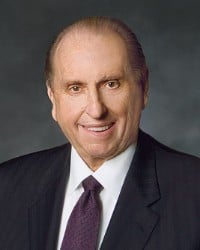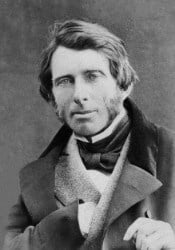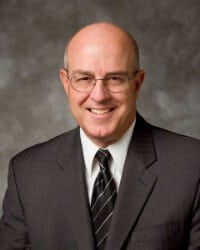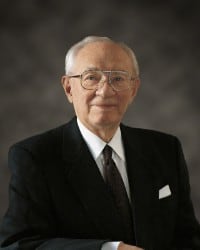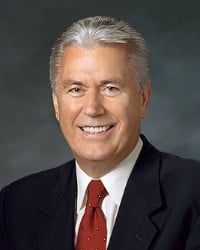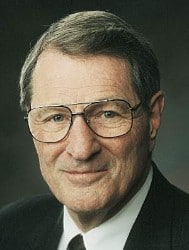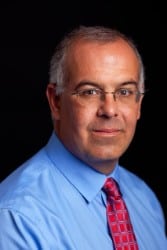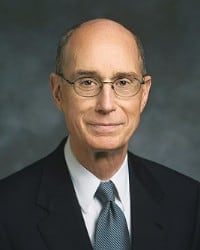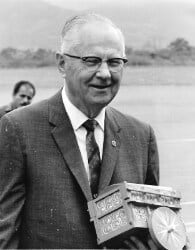
“In all humility and sincerity we must admit a power higher than ourselves from whom is derived a positive moral code that will give our lives significance and purpose. We also must remember once and for all that honesty, respect, and honor as such are not for sale on the market block. They are ingredients that you and I and all people should put into our daily lives.”
| "Honesty and Integrity", June 1971 Ensign pg 104
